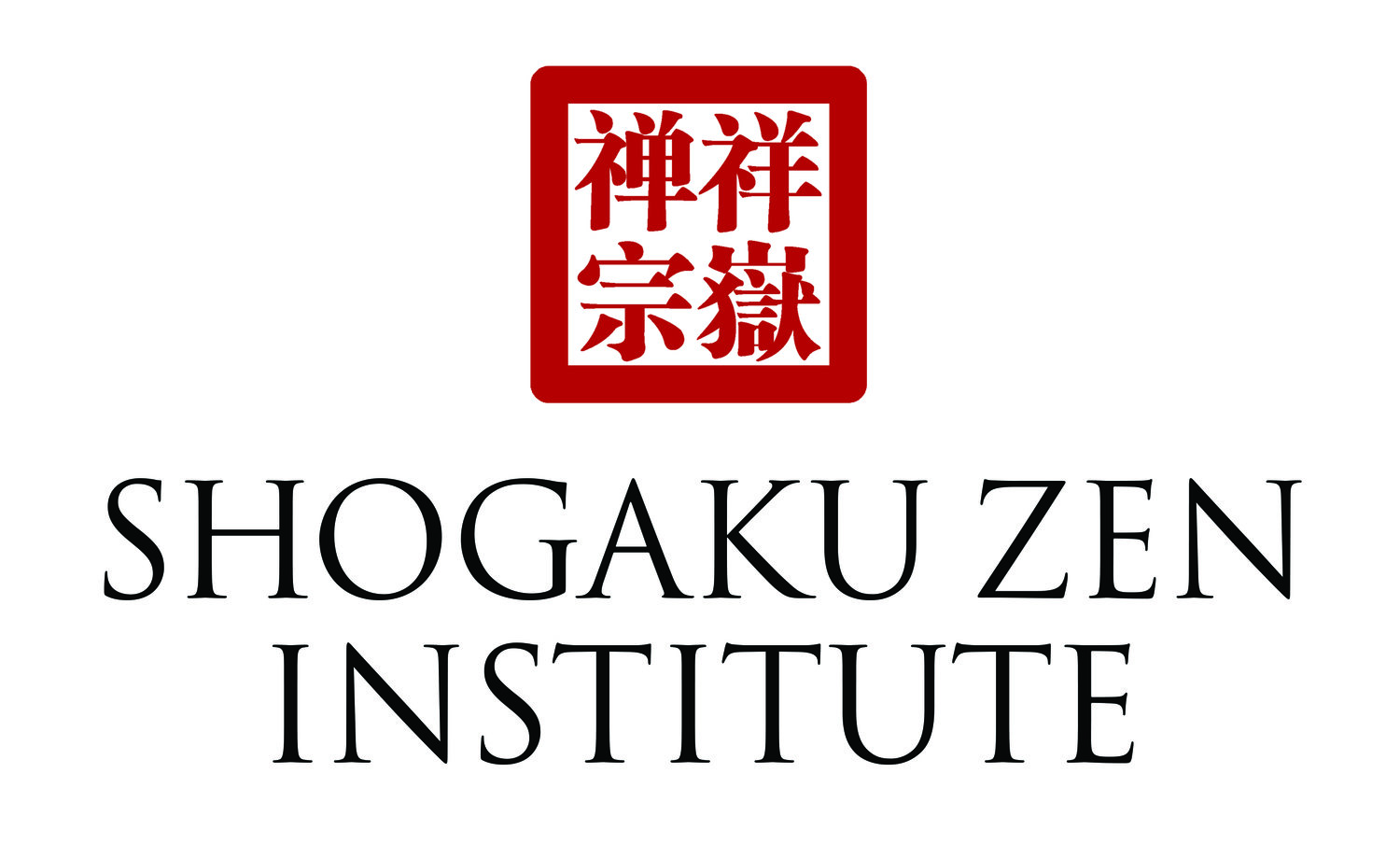09/22 - 11/24 (10 Mondays from 4pm to 6pm Eastern Time)
An Introduction to Chaplaincy: From Zen Practice to Compassionate Service
Taught by Rev. Marta Dabis, MS, MBA, BCC
This foundational course guides experienced Zen practitioners in translating their established practice into effective spiritual care. Drawing upon the rich tradition of our lineages and contemporary chaplaincy methodologies, this course explores how solid Zen practice becomes the foundation for serving others across diverse settings including hospitals, hospices, prisons, and educational organizations.
What You'll Learn:
Foundations of Buddhist Chaplaincy: Historical development, contemporary applications, and how Zen practice uniquely contributes to spiritual care
From Zazen to Presence: Translating meditation experience into therapeutic presence with those who suffer
Ethics and Boundaries: Professional standards, confidentiality, and appropriate relationship dynamics in chaplaincy
Sustainable Service: Integrating chaplaincy work with lifelong Zen practice
Pre-class preparation:
Pre-class preparation includes readings, video lectures, podcasts, and reflection exercises.
Class structure:
Each 2-hour online session begins with a 5-minute content summary, followed by discussion, role-play scenarios, skill practice, and case study analysis. Every class concludes with a group self-care practice tailored to the week's topic.
Who Should Enroll:
Zen Buddhist priests called to expand their service capacity within their sangha
Zen practitioners with established meditation practice exploring chaplaincy as a vocation
Those seeking MDiv credit or auditing for personal development
Prerequisites:
Established Zen meditation practice and familiarity with basic Buddhist teachings. Open heart and willingness to explore the depths of human suffering and healing.
Anticipated Workload:
MDiv Credit Students (3 credits): 2-4 hours/week including focused pre-class preparation, 2-hour online sessions, brief weekly reflections (200-300 words), one 1:1 Zoom meeting with course teacher, and final integration paper (8-10 pages)
Audit Students: 1-2 hours/week including streamlined pre-class preparation, 2-hour online sessions, and participation in group discussions
This course is designed for part time students and uses a distributed learning approach across four courses to make chaplaincy training accessible without overwhelming time commitments.
Tuition:
This course is by donation. Nobody will be turned away due to inability to pay. Self-directed sliding scale recommended donation from $300 to $600. Any additional amount gifted supports Shogaku in offering these classes to all, regardless of their ability to pay. Please consider becoming a sponsor by offering $1,200.
How to enroll:
Email registrar@shogakuzen.org
About THE INSTRUCTOR:
Rev. Marta leads JissoJi, a small Soto Zen Buddhist community in Ann Arbor, Michigan, and offers support to religious leaders around community leadership, management, and ethics—all while tending to her own rest and recovery needs.
Born in Hungary, Marta moved to the US in her early thirties and found her way to residential monastic training at San Francisco Zen Center. Her path into healthcare chaplaincy included six units of Clinical Pastoral Education and a chaplain residency at Yale-New Haven Hospital in Connecticut.
After priest ordination and board certification with the Association of Professional Chaplains, Marta worked as a chaplain in four hospitals within the Trinity Health System in Michigan. She spent 2017-2019 as a Templeton Transforming Chaplaincy research fellow while studying public health at University of Michigan, Ann Arbor.
These days, Marta lives in an intentional cohousing community with her Hungarian husband and their two cats. Her teaching draws from her years as a Soto Zen priest, board certified chaplain, former management consultant, and self-described "curious person." She approaches chaplaincy education with the understanding that this work asks us to show up fully—with both our training and our humanity—in spaces where people are navigating profound transitions.
Marta believes that chaplaincy, like Zen practice, is fundamentally about presence and the willingness to sit with whatever arises.

